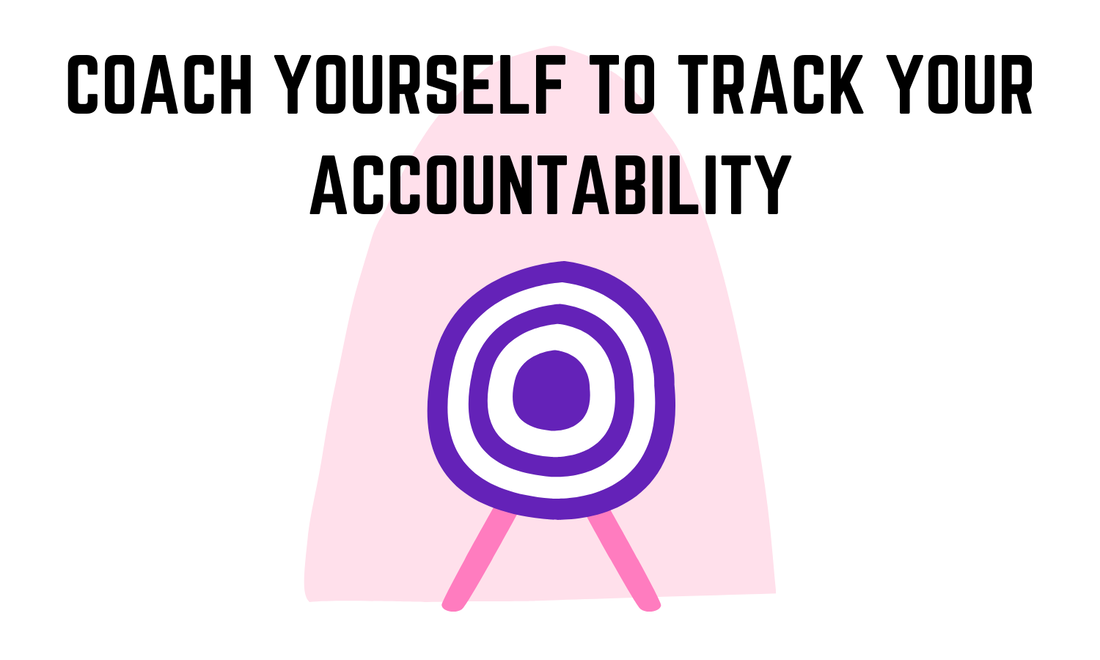|
Nazan Artun PhD, RPh
When we start our life journey, we have the least responsibility for making decisions since all of our needs are mostly taken care of by our parents. In time, we deviate internally towards being accountable for our actions and not depending on others. This transition might be enormously challenging without getting distracted, demotivated, or blaming others. In psychology, there is a concept called locus of control, which attributes to the belief that we control the situations and experiences that affect our lives, linked to well-being (1). Most people have either an internal or external locus of control. Those with an internal locus of control believe that their actions matter and are the authors of their destiny. Those with an external locus of control attribute outcomes to circumstances or chance (2). Commitment to our progress takes its strength from accountability, which is a willingness to accept responsibility for our actions. It affects our performance and us reaching our goals. If the progress and change you are looking for are indispensable for you and you would like to find the strength rooted in an internal locus of control, that's when you may need a coach to walk that journey with you. Though investing a budget into coaching is a sign of your commitment to your goals, but let's say that you do not currently have the account to hire a coach. What then? What would you do? I wrote a list of tips for you to self-coach yourself. Each new year will bring new hope for new goals. Hope is a significant contributor to our mental and physical well-being, which is influenced by the ability to shape our lives. How we perceive the future can significantly affect how we feel in the present. I would love to see you all achieving your goals and be happy! Stay motivated Having a long-lasting motivation might not be easy, especially since we usually reach a plateau shortly after our motivation declines. Our brains are programmed to crave the anticipation to experience and look to the future, where every exciting possibility begins (3). The decline in our motivation in time is inevitable, considering the expectation of practicing something new is (change to being) not new anymore. Keeping the excitement of your goal, fresh and lively might be among the key factors. To do that: • Set reminders and create a vision board related to your goal. Our brains love visuals, especially which take us to the future moments of achievement. Additionally, deliberate visualization is among the best tools to boost your motivation (4). • The more you're realistic about your goals seeing the actual results will naturally induce long-lasting motivation. Moreover, you feel more control over your life, which, in a way, enhances the feeling of hope for the future. • When you spend time to get to know yourself more in-depth, you probably have clarity about what is a realistic goal for yourself. Do some internal soul searching before picking your battle to fight. • Have an accountability group/partners. Have you heard of mirror neurons yet? Those are the neurological structures causing us to have empathy for others or why other people's moods, emotions may influence ours. And it is not just because of mirror neurons; as humans, we have a significant influence on each other. Having an accountability partner is as if you are a team sport player and have a common goal. To win the game! Thus do not underestimate the power of accountability partners. Track your goals Tracking your goals is crucial to see and evaluate your improvement, which contributes to your motivation. Additionally, it will provide the data to make interventions and adjustments in your plans when a method is not working. • Keep a calendar of your goals and progress. Daily, weekly, monthly planning minimizes distraction since we are going through the era of distraction and always searching for more. Implementing planning and calendar habits will help you to stay focused on your progress • Divide your goals into small portions. This approach will help you to be more persistent about your consistency. • Accelerate the intensity and frequency of your practices. The small portioned efforts towards your goal will probably create the consistency needed. After that point, like increasing the weights you use in strength/resistance training, you can do trials of increasing the intensity and frequency of practices. Be kind to yourself Learn moving on after falling off track, which very commonly happens. It is okay to take breaks to recharge and replenish. Whatever your goal is, always remember that it won't be more important than your health and happiness. We are in this world to experience love, pain, challenges, joy, kindness etc. All those experiences bring value that we may not appreciate at the time. As Rumi says in his The Guest House Poem: This being human is a guest house. Every morning a new arrival. A joy, a depression, a meanness, some momentary awareness comes as an unexpected visitor. Welcome and entertain them all! Even if they are a crowd of sorrows, who violently sweep your house empty of its furniture, still, treat each guest honorably. He may be clearing you out for some new delight. The dark thought, the shame, the malice. meet them at the door laughing and invite them in. Be grateful for whatever comes. because each has been sent as a guide from beyond. REFERENCES 1-Lorenza Di Pentima et al. Locus of control as a mediator of the association between attachment and children’s mental health. J Genet Psychol. 2019; 180 (6): 251-265. 2. What is Locus of Control. Psychology Today. (https://www.psychologytoday.com/us/basics/locus-control) 3-Daniel Z. Lieberman, MD and Michael E. Long. The Molecule of More. 2018. 4-Tim Blankert and Melvyn R. W. Haamstra. Imagining Success: Multiple Achievement Goals and the Effectiveness of Imagery. Basic Appl Soc Psych. 2017; 39 (1): 60-67.
0 Comments
Leave a Reply. |
ARTICLES
|


 RSS Feed
RSS Feed